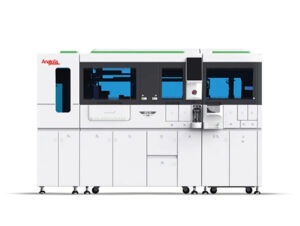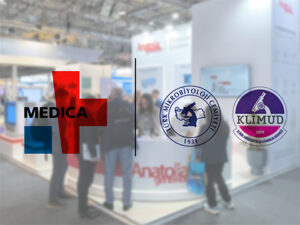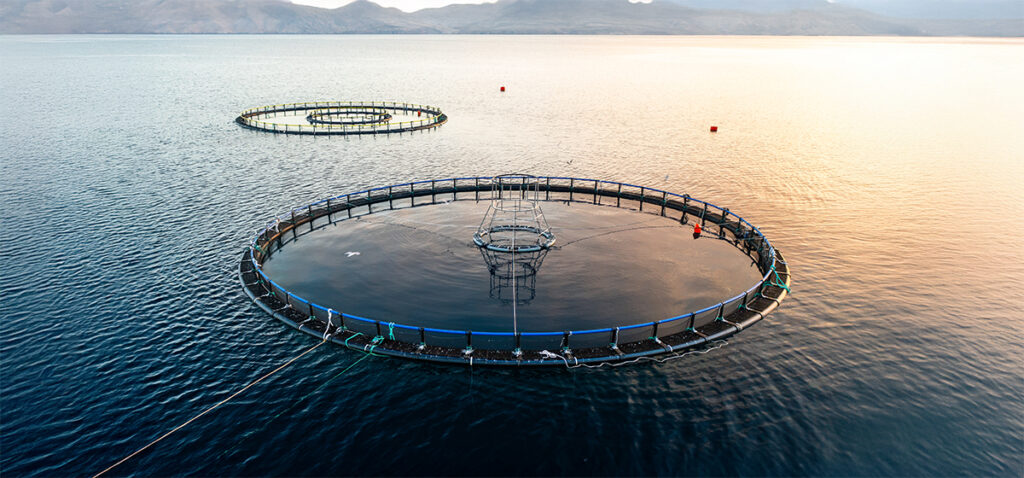
Each year on October 16, World Food Day highlights the collective effort to build resilient, sustainable, and equitable food systems worldwide. In this context, aquaculture, one of the fastest-growing food sectors, plays a crucial role in addressing global hunger while protecting environmental balance. Ensuring the health of aquatic ecosystems and advancing molecular diagnostics are essential steps toward maintaining both productivity and sustainability in food production.
Aquaculture at the Core of Sustainable Food Systems
As the global demand for protein continues to rise, aquatic food fish, shellfish, and other marine organisms are becoming increasingly important for food security and nutrition. According to the OECD-FAO Agricultural Outlook 2025–2034, fish and aquatic products already account for nearly 20% of the world’s animal protein supply, and aquaculture is projected to remain one of the fastest-growing food-producing sectors.
However, this expansion also brings challenges. The report highlights the rising vulnerability of aquaculture systems to environmental stress, disease outbreaks, and antimicrobial resistance.
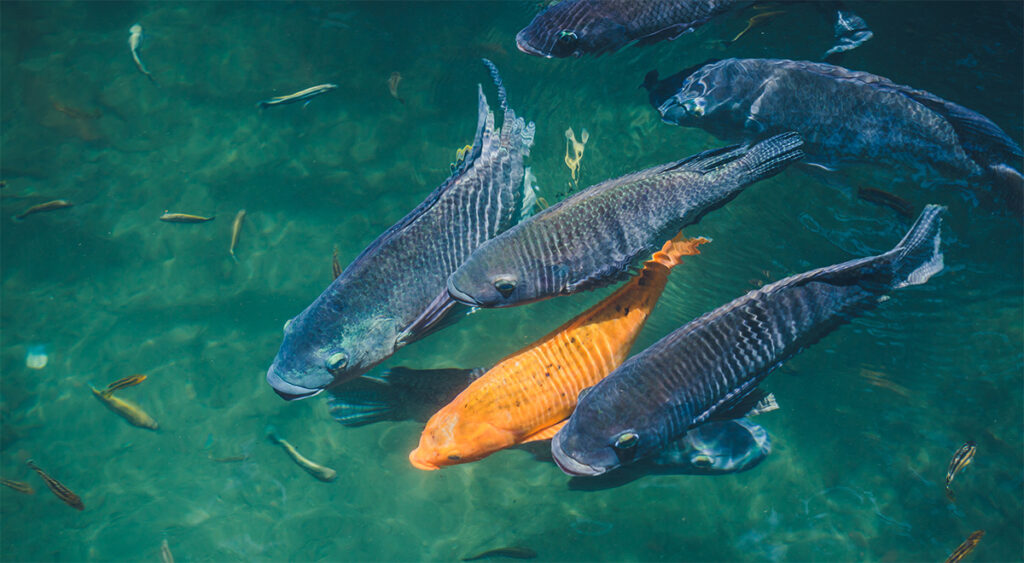
Pathogens affecting fish and shrimp populations can cause major production losses, threatening both livelihoods and sustainable food supply chains.
Aquatic health is advised to be maintained through disease surveillance, responsible management, and rapid diagnostic tools, which are critical to ensure the long-term stability of global aquaculture.
The Future of Food
The OECD-FAO Agricultural Outlook 2025–2034 projects a 13% global increase in agricultural and fish consumption by 2034, mainly driven by population growth and rising incomes. Aquaculture will remain a major source of animal protein, but sustainability challenges persist.
Key points from the report:
Fish Health and Food Security
Healthy aquatic ecosystems directly support global food availability. Infectious diseases in aquaculture—ranging from viral and bacterial to fungal pathogens—can spread rapidly in intensive farming environments, reducing yields and increasing production costs. Outbreaks not only disrupt trade and supply but also endanger wild populations and biodiversity.

Diagnostic innovation is therefore key to sustainability. Molecular detection methods, particularly Real-Time PCR, allow for early and precise identification of aquatic pathogens, enabling timely intervention and minimizing economic loss. Reliable testing also helps farmers optimize management practices and monitor environmental health parameters crucial to fish welfare.
Anatolia’s Contribution to Aquaculture
As part of its commitment to sustainable biotechnology, Anatolia is a project member of the TR.AQUA Program, supported by TÜBİTAK 1004.
The initiative focuses on developing automated DNA/RNA extraction kits, Real-Time PCR diagnostic panels, and rapid test kits for the detection of major infectious agents that threaten aquaculture species such as fish and shrimp.
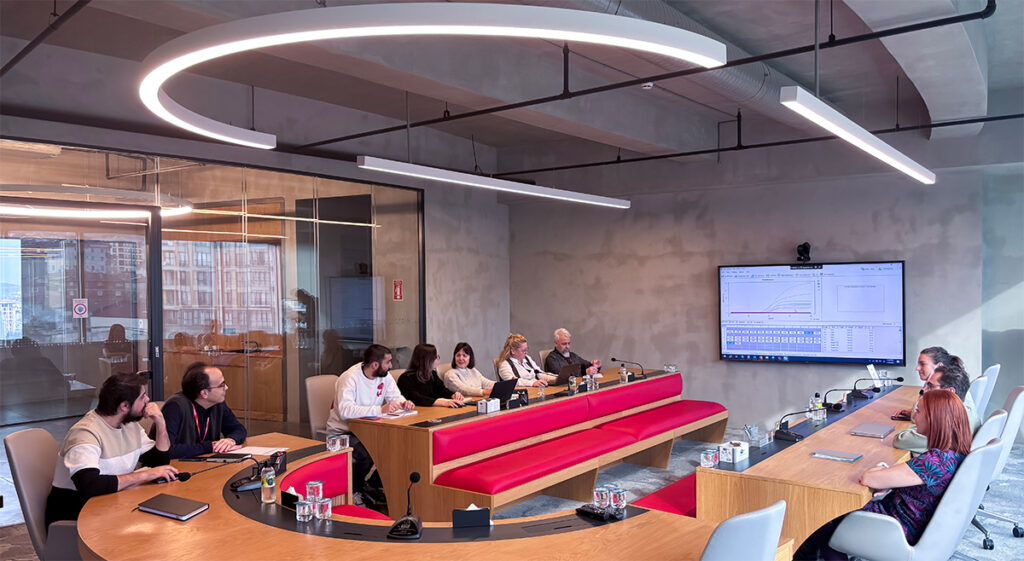
Through this project, Anatolia aims to develop cost-effective molecular diagnostic tools that enhance aquatic disease surveillance, reduce production losses, and promote environmental balance in aquatic ecosystems.


